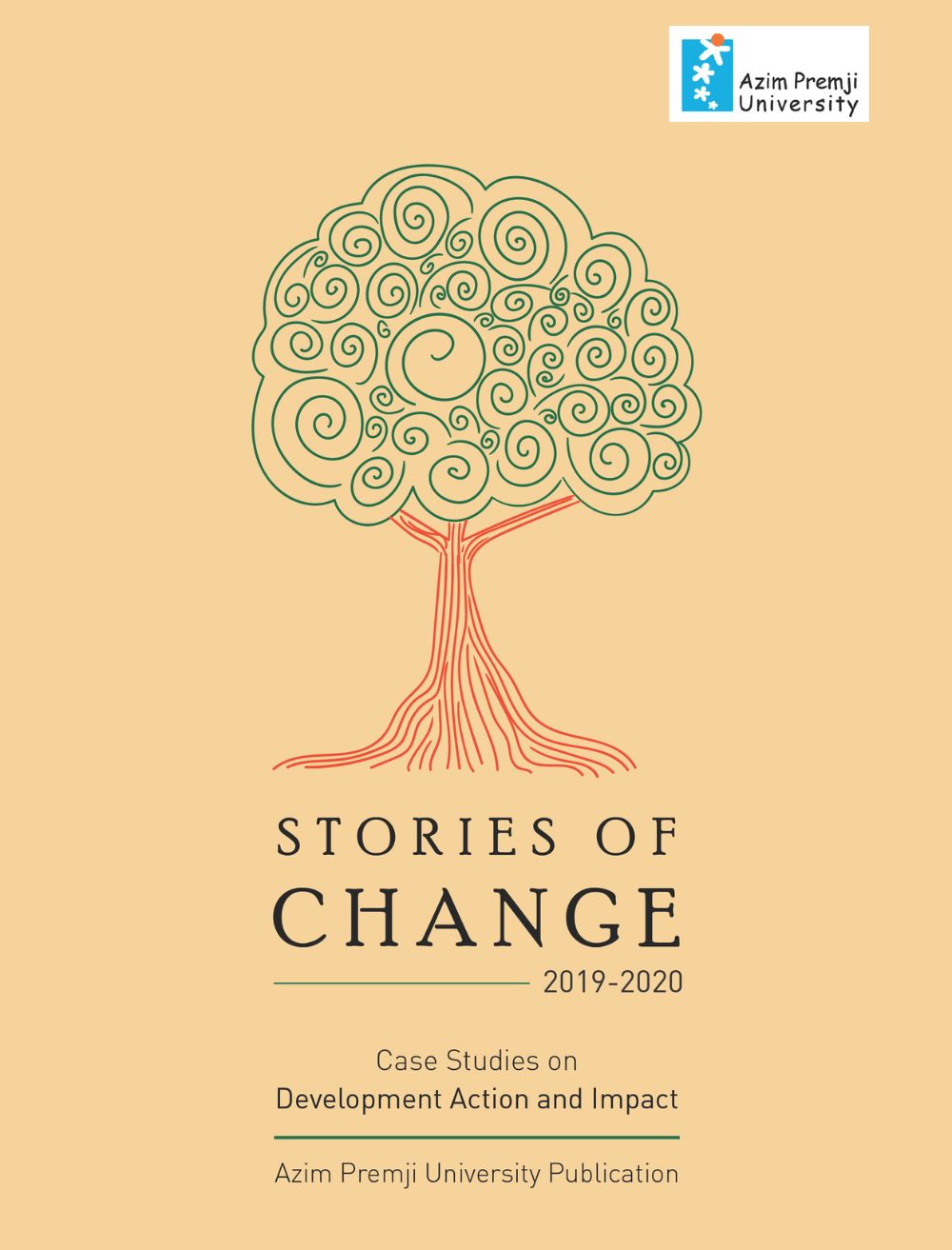CEHAT is running a 24*7 helpline to respond to women and girls facing violence .Please call this number 9029073154 for support and assistance.

Author(s): CEHAT
|Published Year: 2020
Despite the established role of social determinants in healthcare, neither medical education nor public health services in India have taken cognizance of it. Non-recognition of these social determinants has led to several biases in the dispensing of treatment and care to patients in general and to patients from re marginalized communities and sections in particular. Scholars have critiqued the field of medicine as being gender-blind and male-biased because the body of medical knowledge views the male body as the norm, with men’s experiences forming the basis for describing the signs and symptoms of illness. This is a case study of the Department of Gynaecology and Obstetrics (OBGYN) in the Government Medical College, Aurangabad, Maharashtra (henceforth Aurangabad Medical College) which succeeded in facilitating gender perspectives in the teaching of undergraduate medical students and transformed clinical practice by making it gender informed as well as gender sensitive to the needs of women. Some of the radical changes made in the functioning of the OBGYN department are renaming the Family Planning Department as the Comprehensive Contraceptive Services for All Department, introducing the concept of respectful maternity care, establishing medico-legal care for the survivors of sexual violence, and integrating first-line care for pregnant women facing violence. This evidence-based practice has not only enhanced the patient–provider relationship but has also led to positive health experiences and outcomes for the users of these services.

CEHAT is running a 24*7 helpline to respond to women and girls facing violence .Please call this number 9029073154 for support and assistance.